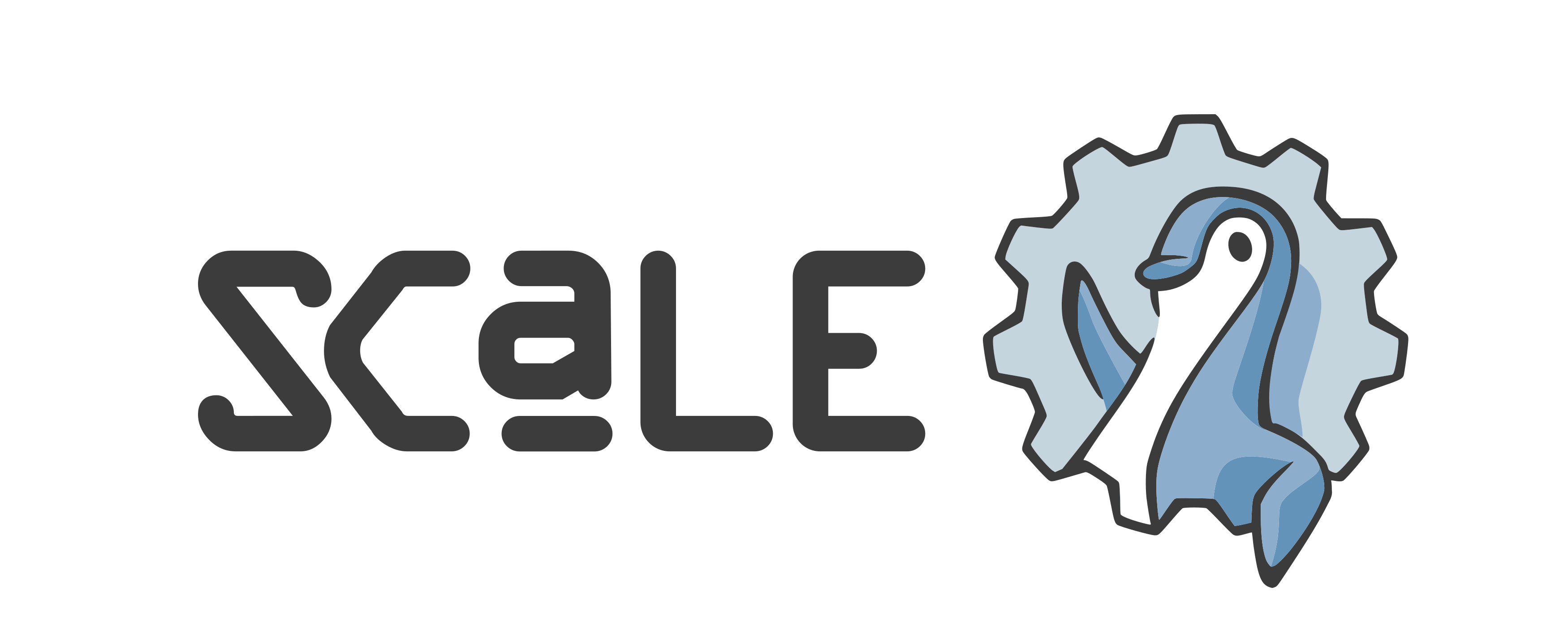Presentations
AI-driven systems rely on complex supply chains of models, datasets, and dependencies, introducing unique security and governance challenges. As organizations seek better visibility into AI components, the concept of an Artificial Intelligence Bill of Materials (AIBOM) is gaining traction. This session will explore how AIBOM can enhance transparency, how it compares to traditional SBOMs, key obstacles in securing AI supply chains, and the evolving landscape of AI risk management.

When launching new products or dealing with an outage, customer-facing teams see terms thrown around internally that customers might not identify with immediately. Good communication practices, including good translation of engineering terminology to customer-friendly communication, can save time and increase customer satisfaction when moments matter. Come to this talk to learn how to partner with your customer-facing teams during major incidents and build both internal and external trust along the way.

Join this hands-on workshop to explore the powerful NixOS Integration Test Driver! In just two hours, learn to simulate complex networked environments with multiple hosts and virtual networks, use the interactive mode for debugging, and apply best practices to avoid flaky tests. Perfect for enhancing your NixOS testing skills and streamlining CI/CD pipelines. Don’t miss this chance to boost your expertise with reliable, real-world testing techniques!




Investing in mentorship relationships can help to grow and sustain OSS communities. Meanwhile, mentees can benefit from a sense of belonging, alongside technical learning and professional development. Join us for a conversation about four mentorship initiatives serving as onramps to open source, especially for those minoritized in tech. We’ll discuss how these collaborations have been beneficial to everyone involved, and how such efforts can be beneficial to you as a potential mentor, maintainer, or mentee.


The implemented solution is based on the idea of injecting headers along the way for each of the mesh components. The latency is measured by Envoy sidecars on the request flow, and measurements are injected into it. By subtracting between measurement values, we can isolate and construct fitted histograms, and thus, we can allow high accuracy, which contributes to early incident detection time.
Organizations face mounting challenges managing the vast data their systems generate, and traditional monitoring often struggles to keep up with this complexity. This session explores how AI and Large Language Models (LLMs) are transforming observability by automating data analysis, detecting anomalies, streamlining interactions, and supporting post-incident learning. Through real-world examples, we’ll see how AI-driven observability uncovers hidden patterns, reduces false alarms, and accelerates correlation discovery, enabling faster, more accurate issue resolution and a clearer understanding

OpenStack emerged in 2010 it made sense to use Ubuntu One as their authentication platform. 15 years later OpenStack has become OpenInfra and tools to support one project now need to support several aligned technologies on a single platform, OpenDev. The sysadmins have integrated Keycloak as an Identity broker and authorisation provider but this uncovers several challenges: Keycloak doesn't support OpenID (needed by Ubuntu One); a tool is needed to pre-load keycloak with some user mappings; Keycloak is written in Java. Join the OpenDev Sysadmins as they find the path from problem to solution.

As generative AI moves into production, developers face unprecedented security challenges beyond traditional approaches. This session examines how groups like OpenSSF and OPEA are developing frameworks and best practices for GenAI security. Learn about emerging threat taxonomies, practical security patterns, and community-driven initiatives addressing concerns from prompt injection to model supply chain security. Gain insights into work-in-progress standards being shaped by open source collaboration, and discover how to apply these evolving best practices to secure your GenAI applications.

As AI applications grow in complexity, traditional prompt engineering methods fall short, creating fragile and costly systems. This talk introduces next-generation prompt engineering, offering adaptable, cost-optimized techniques for stable performance across diverse, including open-source, environments. Topics include multi-model consistency, model adaptability, synthetic data for robust testing, and cost optimization through structured prompting. Attendees will gain actionable insights to build scalable, reliable AI applications that thrive in a multi-model, open-source landscape.

Nix in the Wild is a series where we interview users of Nix and ask them about their journey. We want to know about the good moments and the bad, and we want to tell it like it is. What makes users choose Nix? How long does it take for them to get their colleagues onboard? What do they learn along the way? In this quick talk, Ross from Flox will go over a few of the most amazing stories from Nix in the Wild (rawr!)...and let you know how we can help you tell yours.
